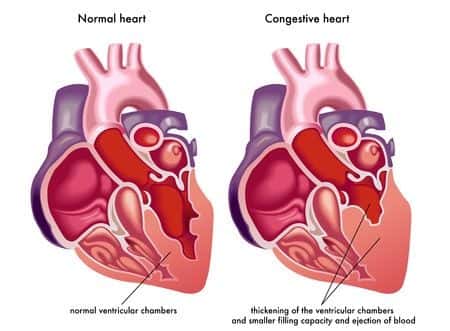Man Claims Heart Procedure was Unnecessary and Caused Him Damage
Updated on
Plaintiff from Minnesota underwent cardiac catheterization due to unstable angina and congestive heart failure. The defendant cardiologist reported that the left main and left circumflex coronary arteries (LM and LCX) each had blockages of 90% and he then stented them.
Plaintiff alleges that the arteries were not so severely blocked and that the cardiologist breached the standard of care in performing an unnecessary procedure.
Question(s) For Expert Witness
1. Was the procedure necessary?
2. Was there a breach of standards?
Expert Witness Response
![]() My review of the films indicates a blockage of less than 70% and 50% in the two arteries. Furthermore, the blockage of the LM is as a result of another stent that was placed unnecessarily by the defendant cardiologist three years earlier. As such, the stents placed during the recent procedure were unwarranted, medically unnecessary, and a direct breach in the standard of care. Falsely representing and charting a patient's medical history and clinical findings in a patient's medical records and using the same to obtain patient consent and/or to justify an unnecessary medical procedure is also a direct a breach of the standard of care.
My review of the films indicates a blockage of less than 70% and 50% in the two arteries. Furthermore, the blockage of the LM is as a result of another stent that was placed unnecessarily by the defendant cardiologist three years earlier. As such, the stents placed during the recent procedure were unwarranted, medically unnecessary, and a direct breach in the standard of care. Falsely representing and charting a patient's medical history and clinical findings in a patient's medical records and using the same to obtain patient consent and/or to justify an unnecessary medical procedure is also a direct a breach of the standard of care.
![]() This opinion is based upon my review of these medical records and radiologic films, and also based on my education, training, experience, expertise in cardiology, my knowledge of the facts of this case, and my knowledge of the relevant medical literature.
This opinion is based upon my review of these medical records and radiologic films, and also based on my education, training, experience, expertise in cardiology, my knowledge of the facts of this case, and my knowledge of the relevant medical literature.
![]() The cardiologist negligently assessed plaintiff’s condition, failed to consider alternate causes of his symptoms, exaggerated the degrees of stenosis, used the same as clinical justification for stent placement, made false representations to plaintiff and in his medical records, and failed to give adequate informed consent to him. It is further my opinion that these breaches in the standard of care proximately caused plaintiff to undergo unnecessary and damaging surgeries and/or procedures, which proximately caused permanent and physical injury to his heart and body as well as financial and emotional injury and damages to him and to his spouse.
The cardiologist negligently assessed plaintiff’s condition, failed to consider alternate causes of his symptoms, exaggerated the degrees of stenosis, used the same as clinical justification for stent placement, made false representations to plaintiff and in his medical records, and failed to give adequate informed consent to him. It is further my opinion that these breaches in the standard of care proximately caused plaintiff to undergo unnecessary and damaging surgeries and/or procedures, which proximately caused permanent and physical injury to his heart and body as well as financial and emotional injury and damages to him and to his spouse.
![]() Had plaintiff’s condition been treated with appropriate alternative measures, his complaints would have resolved without need of cardiac surgical intervention, and he would not have been exposed to the risks attendant with repeat, and/or multiple stent implantations.
Had plaintiff’s condition been treated with appropriate alternative measures, his complaints would have resolved without need of cardiac surgical intervention, and he would not have been exposed to the risks attendant with repeat, and/or multiple stent implantations.
![]() The expert leads the cardiovascular division of a teaching hospital.
The expert leads the cardiovascular division of a teaching hospital.
Subscribe to our newsletter
Join our newsletter to stay up to date on legal news, insights and product updates from Expert Institute.
Sign up nowFind an expert witness near you
What State is your case in?
Subscribe to our newsletter
Join our newsletter to stay up to date on legal news, insights and product updates from Expert Institute.


